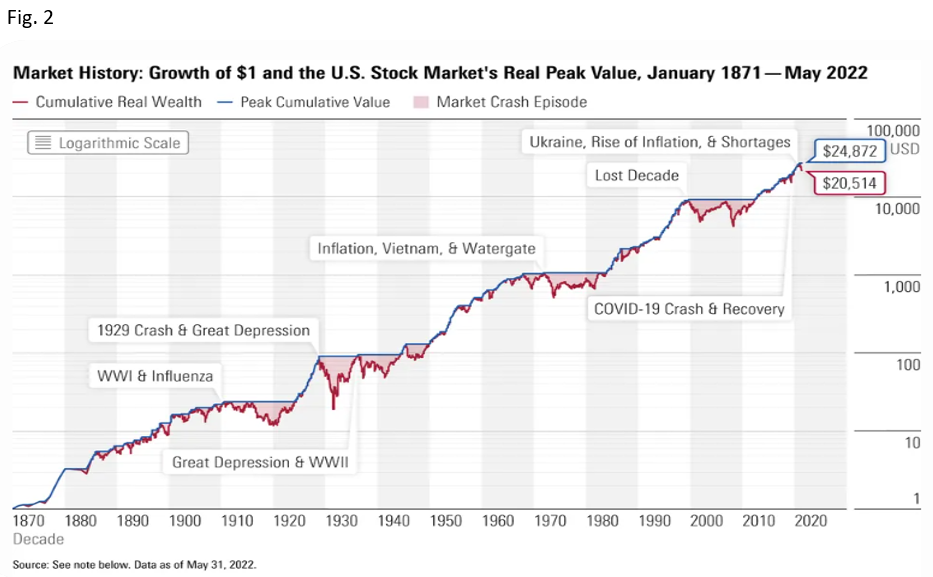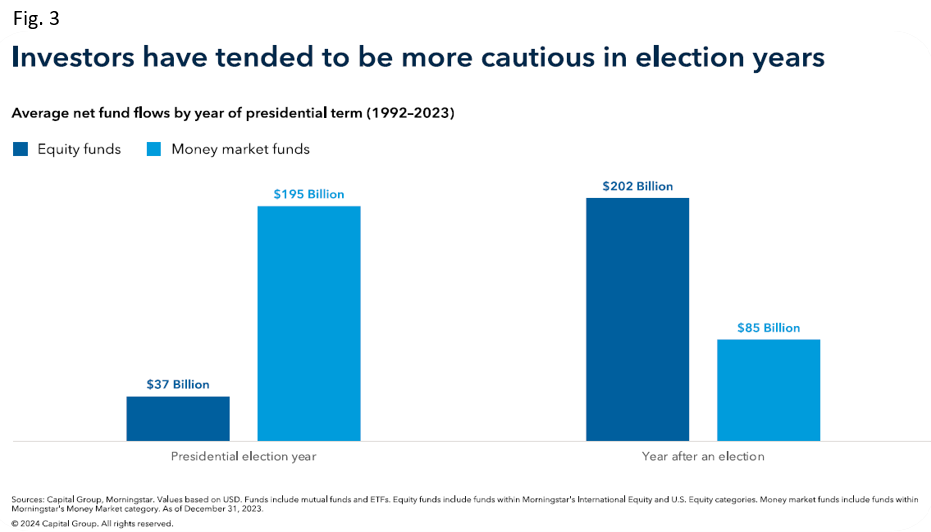Emotional Investing: Overcoming the Challenges
In today’s world, where social media algorithms cater to our interests and news channels prey on what makes us most anxious, it's no surprise that emotions impact our decision-making. Those emotions keep us watching, eyes glued to the message.
Sometimes those emotions, such as love, prompt us to take positive actions, like getting married. Other times, emotions can cause us to make choices we regret, like eating an entire gallon of ice cream.
Investing is no different – emotions run high when our hard-earned money is at stake. As every seasoned financial professional knows, the type and intensity of emotions tied to financial beliefs and actions are different for everyone.
For example, some may find the pain of losing $10 outweighs the joy of winning $10; for others, sentimentality plays a large role, like holding a specific stock or mutual fund their grandparents owned.
But one recurring source of emotional stress that seems inescapable is election season.
During election years, we are bombarded with headlines predicting the terrifying consequences if the “wrong” party were to win. Media outlets, which often have their own partisan allegiances, often paint a dystopian picture of impending economic collapse, wars and bleak personal hardships that could impact our economy indefinitely.
Are these fears grounded in fact? Should elections dictate one’s long-term financial planning?
The Historical Impact of Elections on the Market
Tax, spending and foreign relations policies – even the suspicion of a new policy that will likely never be enacted – can dramatically impact how people feel about their financial future. Those feelings can trigger individuals to be more conservative with their spending, which can be impactful – after all, consumption alone contributes to around two-thirds of GDP. However, history shows the stock market is largely indifferent to who is in office (Fig. 1).

Let’s put it into perspective. There’s been no shortage of major events in the last 100 years – WWII, more than a dozen recessions and countless crises – yet the market has weathered them all. An election – even a divisive one – historically has had little long-term market effect.
In fact, despite the emotions they may invoke, election years often coincide with stock market expansion (Fig. 2).

Despite this data being widely available, people often pull their assets from the market before an election, only to reinvest them soon after (Fig. 3).

Stay Steady, Stay Invested
As Sir John Templeton once wisely said, "The four most dangerous words in investing are ‘this time it’s different.” Election sensationalism and mudslinging has been around since the election of 1800 between John Adams and Thomas Jefferson.
Although it’s important to understand the potential impact of government policies, it’s equally important to avoid letting emotions drive investment decisions. Reacting impulsively to news headlines can lead to rushed choices that may negatively impact long-term returns and goals.
If you’re not convinced, consider this example, calculated using a simple compound interest calculator: Moving even a small amount out of equities so that your return drops from 9% to 8% on a $100,000 investment can leave $100,000 in returns on the table over 20 years! That impact can be made even more severe by exiting equities entirely and moving into cash.
Final Thoughts
The result of knee-jerk investment choices could delay your retirement, dilute your ability to support charities, or leave less to your heirs. In other words, an emotional decision to deviate from your financial plan – even briefly – can make pursuing your long-term goals much more difficult.
Armed with facts and data, we can confidently assume the 2024 election’s impact on markets won’t differ from past years. Prudent investors should ignore noisy headlines and instead take stay focused on their financial plan with a calm, calculated approach to their investment decisions. Just like emotions can drive us to devour an entire container of ice cream (leading to regret and a stomachache), letting emotions drive investment decisions can have much worse, long-lasting negative effects.
Investors are best served by staying focused on long-term financial goals with limited influence from the political landscape. In fact, studies show behavioral coaching from a financial professional can help you avoid making emotionally charged investment decisions. After all, a well-balanced financial plan is designed to operate for decades, far surpassing any one presidential term.
Blake Schneider, CFP®, CFS®, AES® contributed to this post.